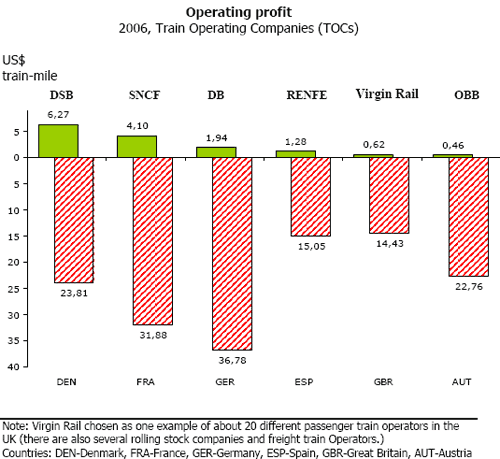By Hatchet, Axe, and Saw
In case you weren't sure what progressives were after:
The outgoing leader of Greenpeace has issued a call for the suppression of economic growth in the U.S. and Western nations. Under questioning by BBC reporter Stephen Sackur on the August 5, 2009 "Hardtalk" program, Gerd Leipold, the retiring leader of Greenpeace, said "the lifestyle of the rich in the world is not a sustainable model.
Excerpt from NotEvilJustWrong.com: "Leipold told the BBC that there is an urgent need for the suppression of economic growth in the United States and around the world. He said annual growth rates of 3 percent to 8 percent cannot continue without serious consequences for the climate."
"We will definitely have to move to a different concept of growth. ... The lifestyle of the rich in the world is not a sustainable model," Leipold told the BBC.
"If you take the lifestyle, its cost on the environment, and you multiply it with the billions of people and an increasing world population, you come up with numbers which are truly scary," Leipold explained.
Left unexplained by Leipold is how environmental conditions in the US have improved substantially over the last 100 years, not just coincident with but because of economic growth and growing wealth. Our country looked like China 100 years ago, but growing wealth gave us the ability not only to produce, but to produce much more cleanly. On virtually every metric you can name, the US is cleaner than it was even 30 years ago. On many key metrics, like water quality and sulfur dioxide production, we are cleaner even than Europe and certainly cleaner than most Third World nations.
By the way, if you really want to tick someone off at Greenpeace, you should observe that the person most responsible for saving the whales was not anyone at Greenpeace, but was John D. Rockefeller. Greenpeace may have saved a few by jumping their boat in front of some Japanese or Russian harpoons, but Rockefeller made whaling unprofitable.
Which brings us full circle to the "growth killing the planet" issue. I made fun of this static view of man and technology here when I wrote a hypothetical 1870 post on the Peak Whale Theory
As the US Population reaches toward the astronomical total of 40 million persons, we are reaching the limits of the number of people this earth can support. If one were to extrapolate current population growth rates, this country in a hundred years could have over 250 million people in it! Now of course, that figure is impossible - the farmland of this country couldn't possibly support even half this number. But it is interesting to consider the environmental consequences.
Take the issue of transportation. Currently there are over 11 million horses in this country, the feeding and care of which constitute a significant part of our economy. A population of 250 million would imply the need for nearly 70 million horses in this country, and this is even before one considers the fact that "horse intensity", or the average number of horses per family, has been increasing steadily over the last several decades. It is not unreasonable, therefore, to assume that so many people might need 100 million horses to fulfill all their transportation needs. There is just no way this admittedly bountiful nation could support 100 million horses. The disposal of their manure alone would create an environmental problem of unprecedented magnitude.
Or, take the case of illuminant. As the population grows, the demand for illuminant should grow at least as quickly. However, whale catches and therefore whale oil supply has leveled off of late, such that many are talking about the "peak whale" phenomena, which refers to the theory that whale oil production may have already passed its peak. 250 million people would use up the entire supply of the world's whales four or five times over, leaving none for poorer nations of the world.


 Postscript: I have always been amazed that greens get all misty-eyed at European rail. Sure, its cool to ride a fast train, but the cost of having an extensive passenger rail system is that most of Europe's freight pounds along highways, rather than via rail. In the US, the mix is opposite, with few passengers on trains but much more of our freight moving by rail. I would have thought that preferentially moving freight over rail rather than passengers was a much greener approach.
Postscript: I have always been amazed that greens get all misty-eyed at European rail. Sure, its cool to ride a fast train, but the cost of having an extensive passenger rail system is that most of Europe's freight pounds along highways, rather than via rail. In the US, the mix is opposite, with few passengers on trains but much more of our freight moving by rail. I would have thought that preferentially moving freight over rail rather than passengers was a much greener approach.